Neuropsychologist Genoveva Montoya Murillo presents in this article the experience of the Clínica Universidad de Navarra with the use of NeuronUP as a key tool within its cognitive rehabilitation program.
Introduction
Cognitive neurorehabilitation has gained a central role in the comprehensive management of patients with acquired brain injury, neurodegenerative diseases or other neurological disorders. In this context, the use of specialized digital platforms has revolutionized clinical practice, improving both the personalization of treatments and user motivation.
Presentation of the Clínica Universidad de Navarra
The Clínica Universidad de Navarra (CUN) was founded in 1962 by San Josemaría Escribá de Balaguer and has established itself as a university hospital of international reference. With centers in Pamplona and Madrid, it stands out for its multidisciplinary approach, clinical excellence and its direct link to biomedical research. It has more than 3,800 full-time professionals.
Based on the Anglo-Saxon and research model it has more than 46 medical and surgical specialties. Its trajectory has earned it recognition on up to ten occasions as the private hospital with the best reputation and it has been included among the 100 best hospitals in the world.
Neurology area of the Clínica Universidad de Navarra
The Neurology area of the CUN has a multidisciplinary team of professionals made up of neurologists, geriatricians, neuropsychologists, nurses, assistants and research collaborators. The profile of users served is broad and varies depending on the disease or pathology.
The department treats patients with acquired brain injury (such as stroke, traumatic brain injury), neurodegenerative diseases (such as Alzheimer’s disease or Parkinson’s), oncology patients, autoimmune diseases (such as multiple sclerosis), headaches (such as migraine), epilepsy or any condition that affects the central nervous system.
Regarding cognitive rehabilitation and stimulation, both are addressed from a person-centered perspective, integrating scientific evidence with the individualization of interventions. Work is carried out with functional goals aimed at improving autonomy, quality of life and social participation.

Subscribe
to our
Newsletter
Cognitive rehabilitation with NeuronUP at the Clínica Universidad de Navarra
NeuronUP is a digital platform designed for neurorehabilitation professionals, offering a wide repertoire of exercises structured in cognitive areas such as attention, memory, executive functions, language and reasoning.
The Clínica Universidad de Navarra (CUN) began incorporating NeuronUP into its clinical practice as part of its commitment to therapeutic innovation and to be able to serve patients nationwide, offering all of them the opportunity to receive a treatment from the comfort of their home.
Telerehabilitation with NeuronUP
Because the NeuronUP platform can be used from any computer with internet access, it has allowed us to support patients from different cities while enabling them to have the support and treatment of their reference professionals without losing quality.
Remote interventions are scheduled individually taking into account the patient’s cognitive profile. This allows offering a personalized intervention on a weekly basis. Patients can access the scheduled sessions at any time, being able to pause a session and resume it later.
In our case, once the weekly work is finished, a telephone follow-up is carried out to discuss the results, highlighting strengths and objectives to develop for the following week, also offering strategies to solve problems that may have arisen during the session.
Likewise, and thanks to the option to choose different languages, we have offered sessions in Catalan and English to enhance the ecological validity of the interventions prioritizing a person-centered intervention and the person’s preferences.
Why it was decided to work with NeuronUP
The decision to implement NeuronUP arose from the need for a flexible, interactive tool that would allow designing personalized programs adaptable to each patient’s pace and with access in different languages.
Likewise, we found ourselves with the need to support all patients who come from all over Spain and who want to continue with their closest professionals remotely. Its implementation has made it possible to offer patients another type of more dynamic and attractive intervention.
Benefits of NeuronUP in interventions
Among the most notable benefits are:
- An remote access for all national patients.
- Greater motivation among younger users and a challenge for older patients who have never had access to technology.
- Precision in the selection and adaptation of activities according to the neuropsychological profile.
- Quantitative monitoring of progress.
- Possibility of hybrid work with the option to work both on the screen and with paper tasks.
Acceptance of NeuronUP by users
The response from users has been widely positive. Many highlight the playful nature of the activities, the attractive visual design and the perception of learning to use technological tools in a safe environment.
In older patients, even those with little technological experience, a progressive adaptation has been observed thanks to the ease of use and professional support.
Success cases in cognitive rehabilitation at the Clínica Universidad de Navarra with NeuronUP
Individual intervention in a patient with mild cognitive impairment (MCI)
A noteworthy case corresponds to a 74-year-old woman, with secondary education, diagnosed with amnestic-type mild cognitive impairment, who lived independently and came to the clinic due to frequent forgetfulness, difficulty following long conversations and a feeling of “being absent” in everyday tasks.
After the neuropsychological evaluation, an individual cognitive stimulation program was proposed, with weekly 45–50 minute sessions, using the NeuronUP platform to work on preserved cognitive functions and compensate for those in decline.
The objectives of this individual program included:
- Strengthening memory strategies,
- improving sustained attention,
- and promoting the perception of cognitive control.
In a typical session some of the following activities were included:
- Who Raised Their Hand, focused on encoding and retrieval of episodic and working memory. It is a game in which users must remember the order in which classmates in a classroom raised their hands and reproduce it in the same way.
- Mark the different image, to work on processing speed and selective attention. These are cards with which users have to Mark the different image from a series.
- Memorize the order, aimed at training episodic memory. With these cards, users have to order a series of visual elements previously memorized.
- Sorting Bugs, to work on processing speed and attentional processes. It is a game in which users have to reorganize different moving elements so that each one of them, differentiated by its type, is on the corresponding side of the screen.
Tasks were adapted to the patient’s context, incorporating content meaningful to her (daily habits, hobbies). Throughout the sessions external strategies were also reinforced (use of calendars, spaced repetition) and internal ones (visualization, categorization).
The patient showed a very participative attitude, attending the weekly sessions and working on the weekly goals. She stood out for her improved performance in attention and working memory facilitating, for example, memorizing numbers. After six weeks, she reported feeling more confident in her daily life, with greater attentional capacity, lower levels of frustration regarding forgetfulness and increased initiative to maintain her social and intellectual activity.
Conclusion
The CUN experience with NeuronUP reflects the potential of digital technologies in personalized cognitive rehabilitation. Its implementation has enriched interventions, improved adherence and facilitated monitoring. This model demonstrates that innovation, when guided by scientific and humanistic criteria, can transform therapeutic practice without losing sight of the most important thing: the person.
If you enjoyed this blog post about the cognitive rehabilitation at the Clínica Universidad de Navarra with NeuronUP, you will likely be interested in these NeuronUP articles:
“This article has been translated. Link to the original article in Spanish:”
La rehabilitación cognitiva en la Clínica Universidad de Navarra con NeuronUP: una experiencia de innovación y humanización

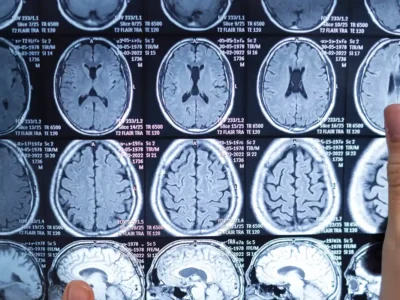
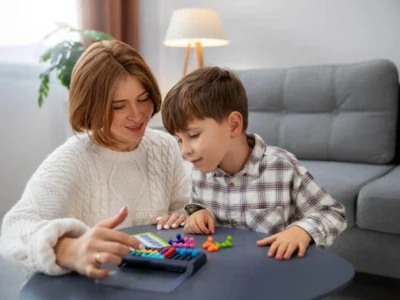

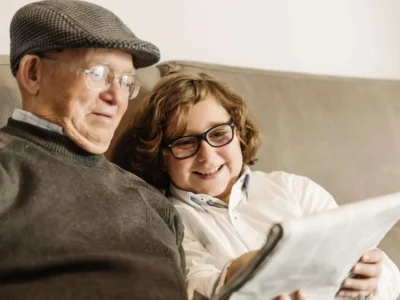
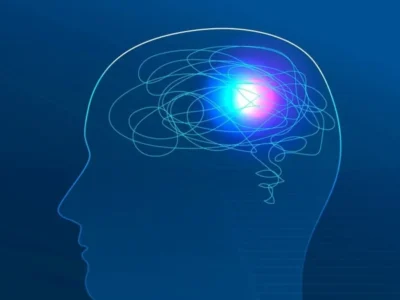
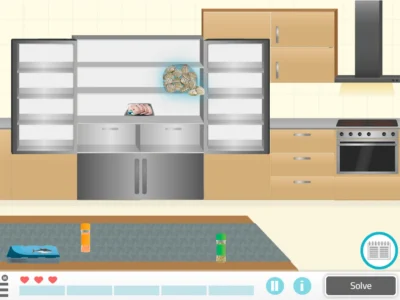
 Use of NeuronUP as a Working Tool at the Ciutadella Hospital Municipal Board
Use of NeuronUP as a Working Tool at the Ciutadella Hospital Municipal Board
Leave a Reply